Revitalizing Food Security: EU’s Relenting Paves Way for Lasting Solution 2023

Revitalizing Food Security: EU’s Relenting Paves Way for Lasting Solution 2023
Food security remains a persistent global issue, with millions experiencing food scarcity, malnutrition, and the uncertainties of volatile markets.
Recent developments indicate a shift in stance from the European Union (EU), which can pave the way for a more sustainable and comprehensive approach to the problem.

Historically, the EU’s policies, particularly the Common Agricultural Policy (CAP), have been both commended for stabilizing European agricultural markets and criticized for potentially undermining food security in developing countries.
Subsidies granted under the CAP have, at times, resulted in surpluses, which were then dumped on global markets at lower prices, making it hard for farmers in developing countries to compete.
Ten years after the World Trade Organization (WTO) implemented a “peace clause” on public stock-holding for food security, mostly at New Delhi’s request, the chances for a long-term resolution to the contentious issue are improving.
The European Union (EU), according to sources, has agreed to take India’s request for a permanent solution into account at the agriculture discussions meeting on Monday in Geneva.
India has praised the EU’s shift in position and urged WTO participants to begin text-based discussions on the matter “as soon as possible, preferably at the senior official meeting scheduled in late October,” they continued.
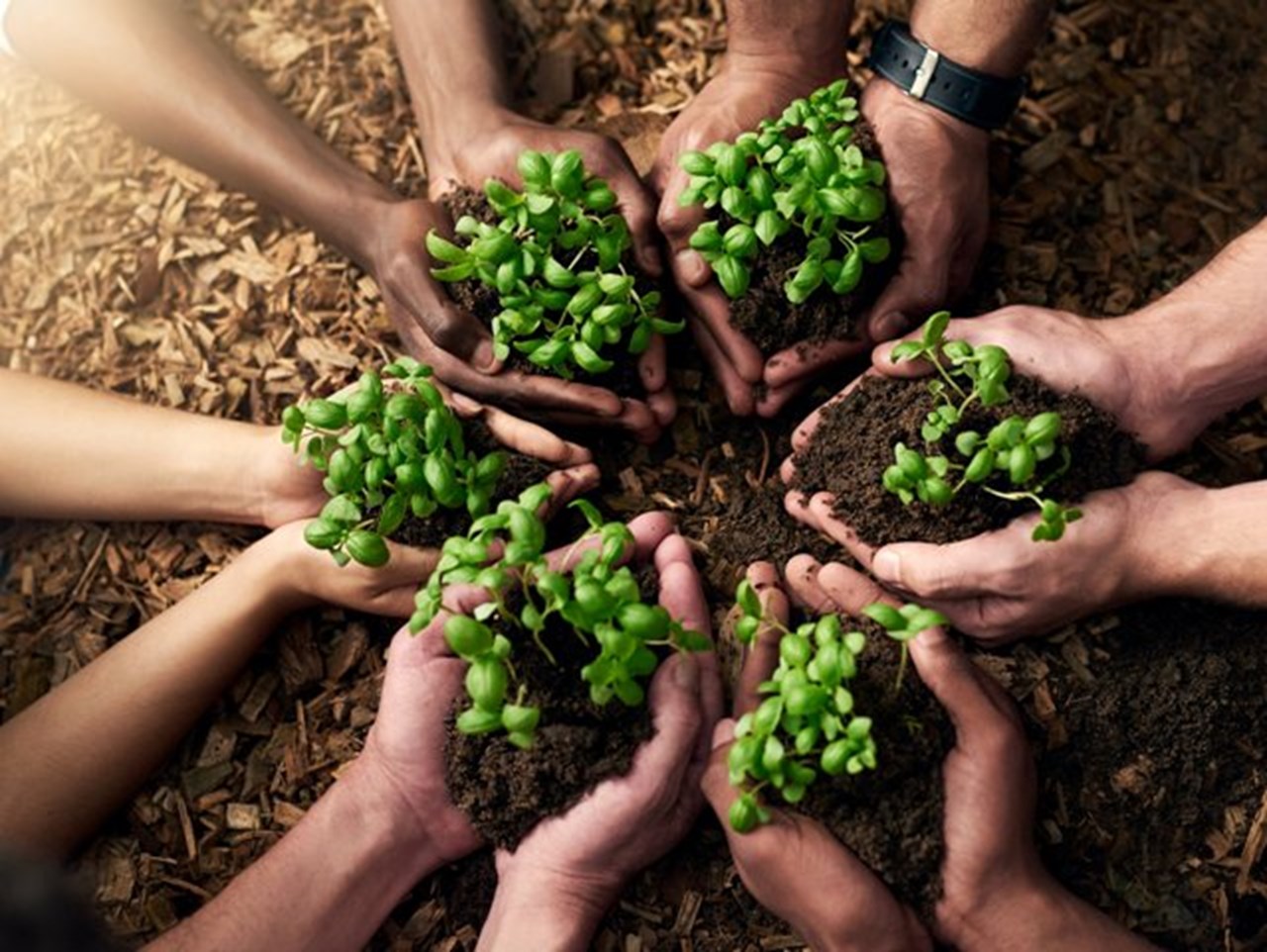
It is planned for the WTO ministerial conference to take place in Abu Dhabi in February 2024. The G20 Leaders’ Summit in Delhi early this month made a commitment to advance international efforts to liberalise global trade, renewing hopes of ending years of gridlock, raising anticipation for the summit.The “trade-distorting” aspects of government involvement in the food market must, of course, be addressed first, according to Brussels.
India has often referred to the 2013 Bali Peace Clause and defended it, claiming that it not only benefited poor farmers but also improved global food security by lowering prices for food grains in least developed nations and keeping them accessible to them.
Even though it is thought to be trade-distorting, price assistance for farmers by a developing nation is protected under the peace clause if the total value of the product-specific support does not go over a 10% level in any one year.
The EU’s decision to back down on the matter is noteworthy since following the crisis in Ukraine, grain-exporting nations including the US, Canada, and Thailand had voiced their initial concerns about India’s minimum support price (MSP) plan.
They said that India’s exports of the grain had skewed markets throughout the world. India, however, countered that because of its official procurement strategy.

India was able to feed 800 million people through its food subsidy programme and noted that Indian supplies also helped to keep world prices in line, benefiting those in need in other nations.
India also emphasised that it exports rice, mostly of the highest grade, rather than raw paddy.
According to the sources, the EU has now provided “a positive response” to recommendations for safeguard procedures intended to stop unauthorised exports resulting from large food inventories.
Additionally, it sought to widen the concept of “domestic support” and go in the opposite direction of “trade distorting support.” The EU also want greater information and openness on the individual nations’ present stockholding plans.
The US, however, maintained its former position that discussing protections for the farm trade was premature since governmental procurement and stockholding disrupt the industry.
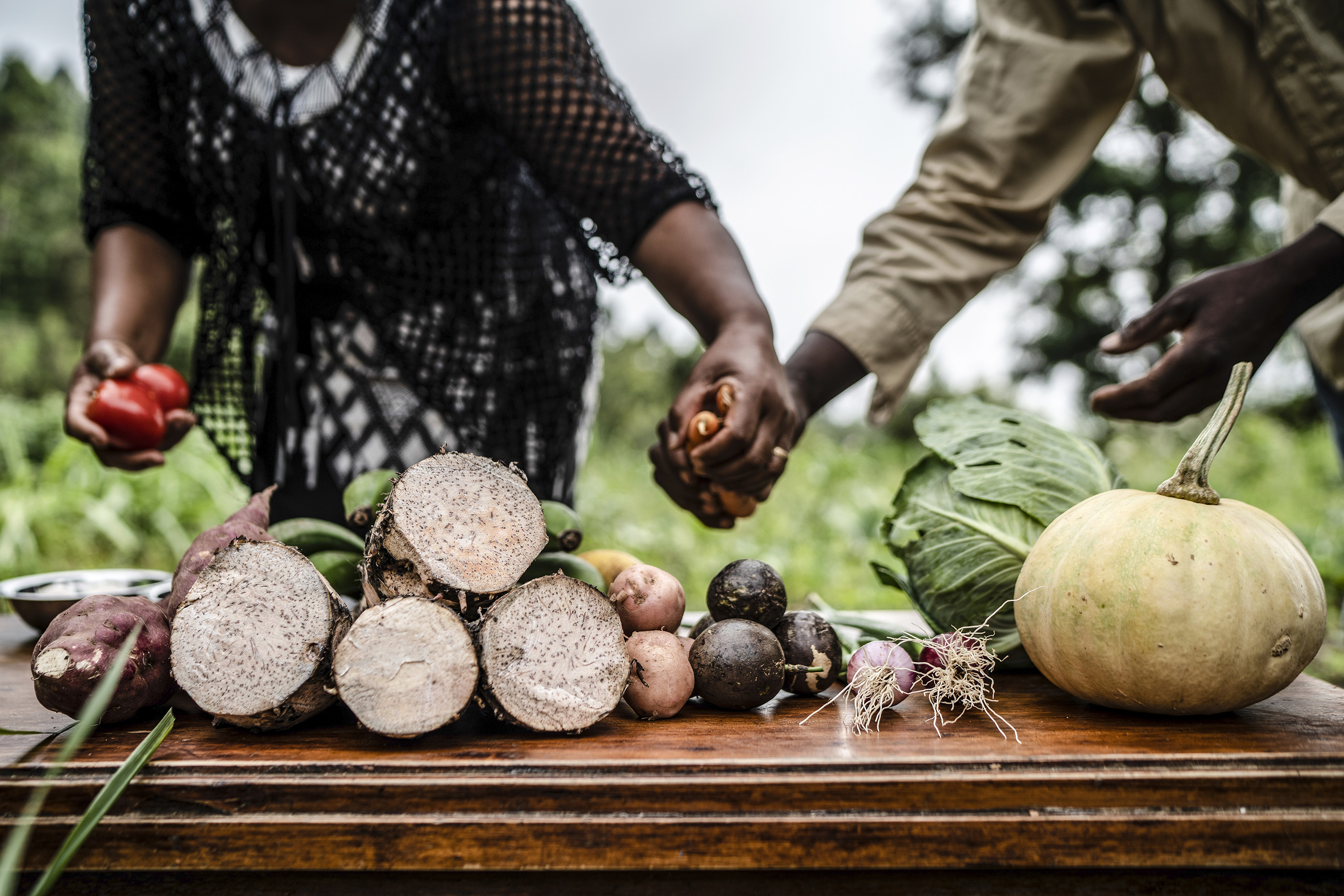
In text-based talks at the WTO, a deal is reached based on proposed draught texts made by the chairman of the relevant committee. The draught is developed via negotiations among the member states and is adjusted until it is accepted by every country.
Top trade officials from WTO members will gather in Geneva on October 23 and 24 to examine topics that can be discussed at the ministerial session early the next year.
Developed nations and agricultural exporters have opposed public stock holding and government buying at managed pricing. They claim it distorts agricultural market prices. This topic is connected to welfare and food security in developing nations.
After years of tense negotiations, the “peace clause” was finally agreed upon at the 2013 WTO Ministerial Meeting in Bali, but only under the terms that states using it refrain from engaging in trade-distorting subsidies and report on how they are doing so.
The peace provision also prevented challenges to the public procurement schemes in the WTO. India wants to make the peace clause, which was first intended to be a temporary solution without a deadline, permanent. In 2024, when the next ministerial summit will take place in Abu Dhabi, India will press for a long-term resolution to the problem.
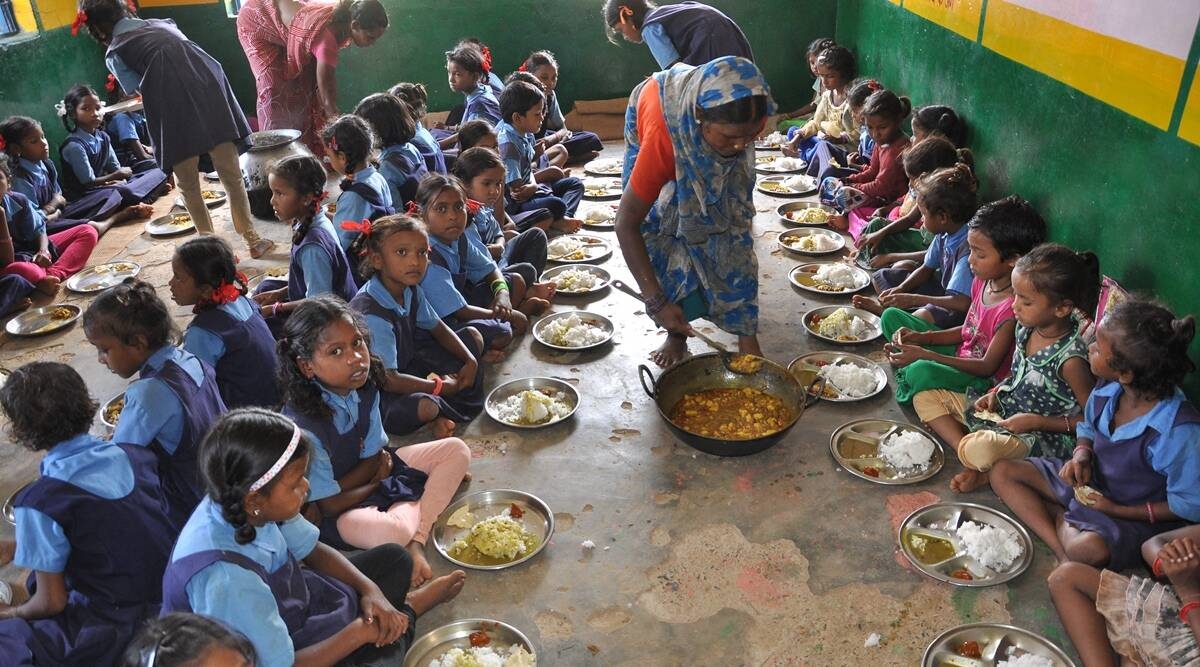
Prices from 1986 to 1988 are used as the foundation for calculating the maximum amount of help that can be provided, after which they are adjusted for inflation. India is also requesting a change.
A developing country’s food subsidy bill should adhere to WTO rules and not exceed 10% of the value of output based on the 1986–88 reference price. Over and beyond the established ceiling, subsidies are viewed as distorting trade.
The US has already noted that India has exceeded the levels of support permitted by the interim agreement on the matter, allowing it to overtake other rice exporters.
According to India’s position, it exports premium rice types that are not purchased through public procurement.
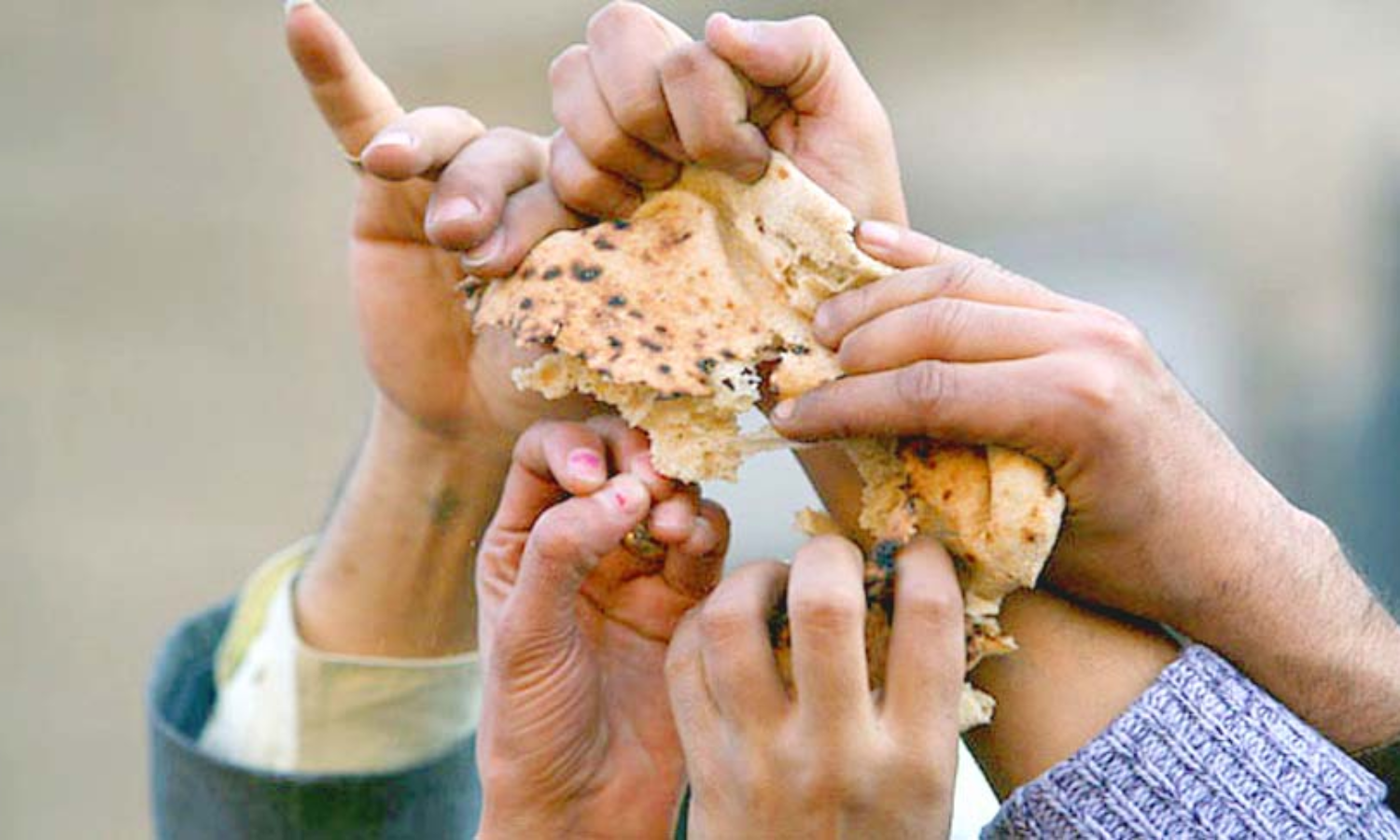
Recent signals from the EU suggest a willingness to re-evaluate and adapt its policies for a more inclusive global food security framework. This change is motivated by a combination of factors:
1.Increased Awareness and Advocacy: Rising global awareness about food security issues and the role of major economic blocs, like the EU, in perpetuating or resolving them.
2.Climate Change Concerns: As climate patterns change, the importance of sustainable agricultural practices that ensure food security has come to the forefront.
3.Economic Considerations: Trade imbalances, the fallout of surplus-driven policies, and the need for more equitable global trade partnerships.
Developing nations can prioritize local agricultural practices without the fear of being undercut by cheap imports. This fosters local economies and reduces dependence on international markets. An open dialogue between the EU and other nations can lead to collaborative research and development in sustainable farming, efficient food storage, and waste reduction.
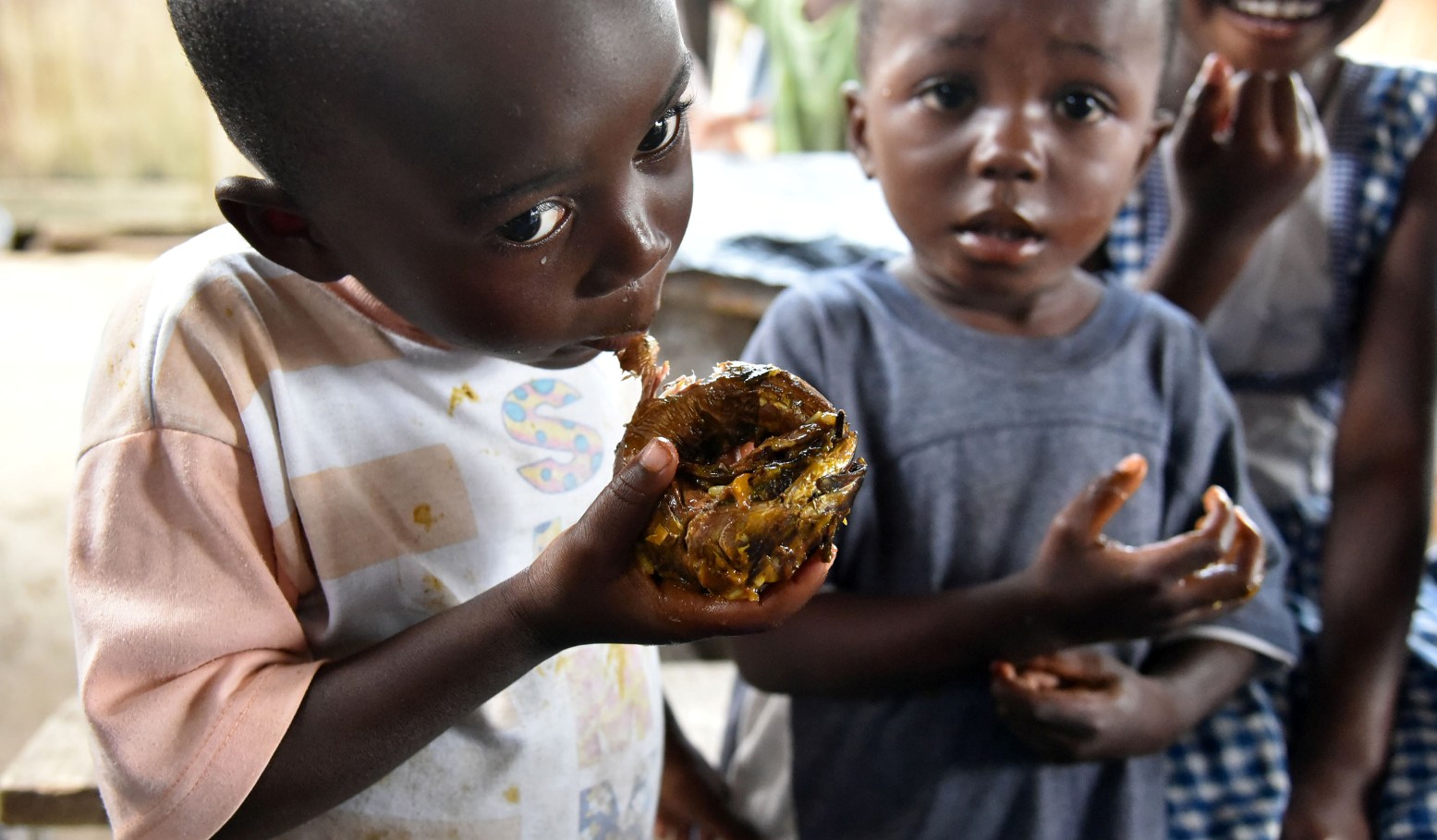
By avoiding the dumping of surpluses, global agricultural markets can experience more predictable pricing, benefiting farmers everywhere.With the EU on board, global initiatives promoting sustainable farming can gain traction, ensuring long-term food security.
Joint efforts can lead to better infrastructure in developing nations, aiding in storage, transport, and distribution of food products.
Changing established policies and practices is a massive endeavor that requires political will, coordination, and time.While the EU is relenting, it will still prioritize its member countries’ interests. Finding a middle ground will be crucial. Other major players on the global stage, such as the US, China, and India, also need to align with these changes for a truly effective solution.
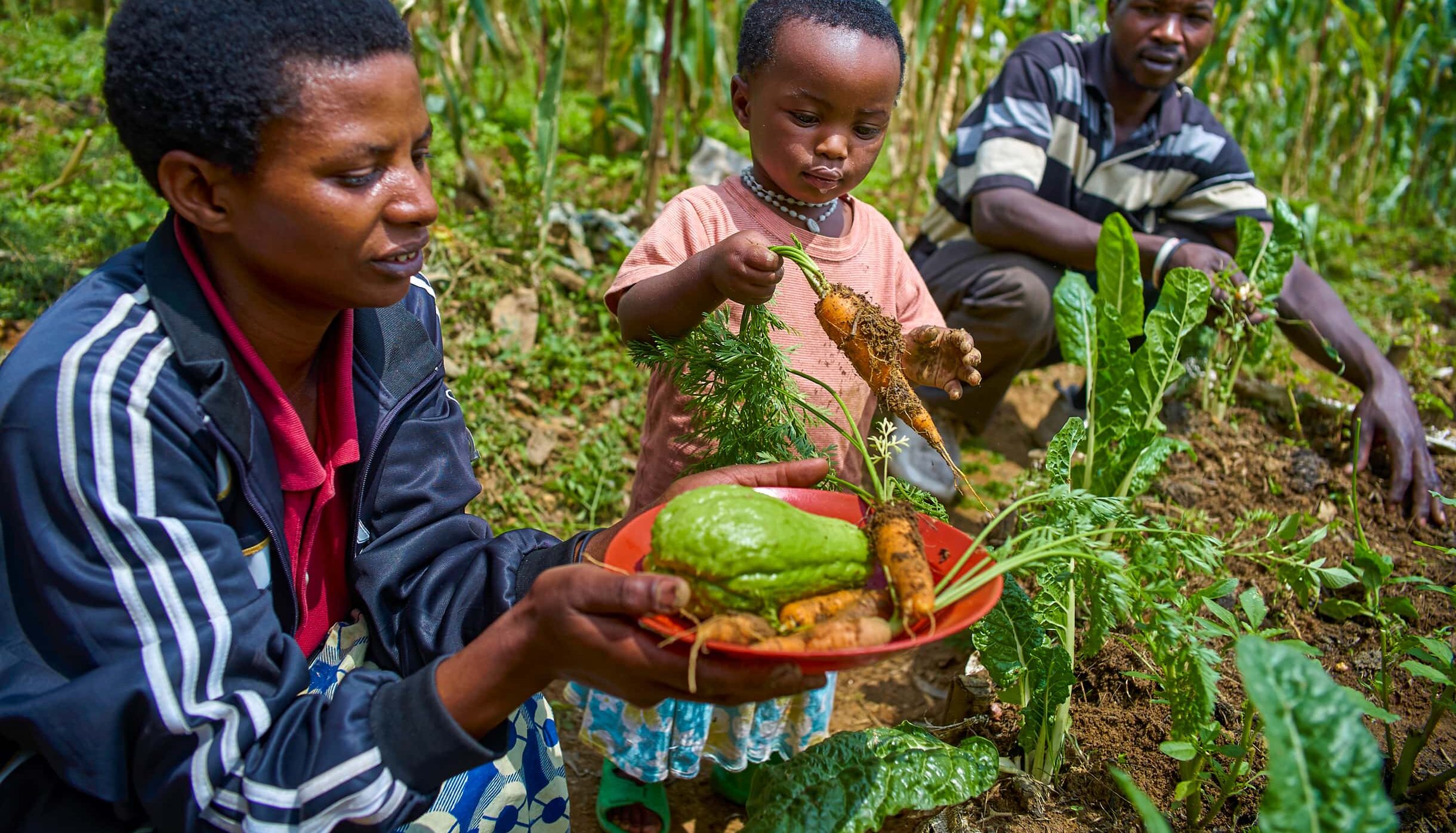
The EU’s new openness towards revising its stance on food security is a promising development in the global fight against hunger and malnutrition. While challenges remain, this shift paves the way for innovative, sustainable, and holistic solutions to one of humanity’s most pressing issues.




